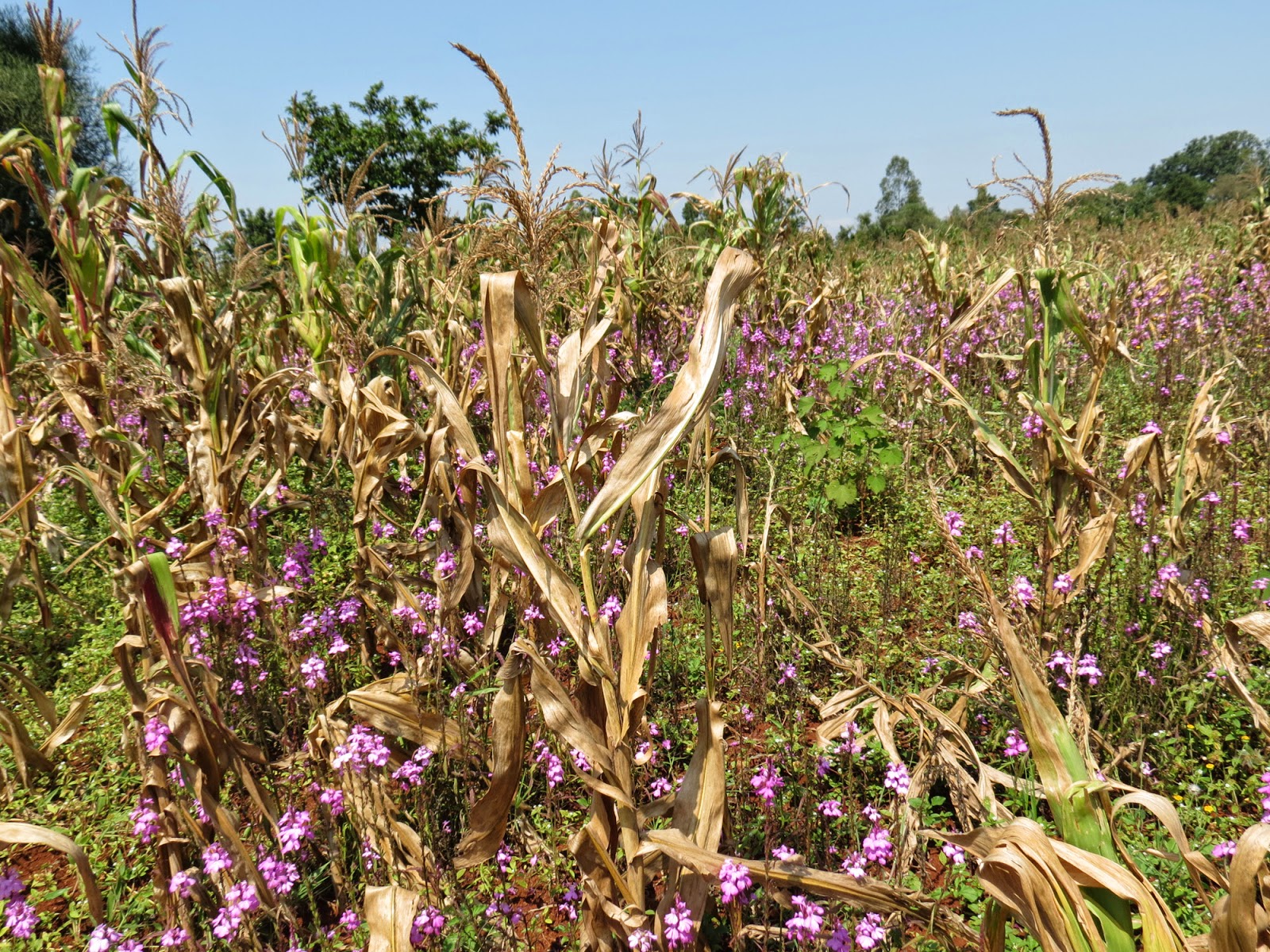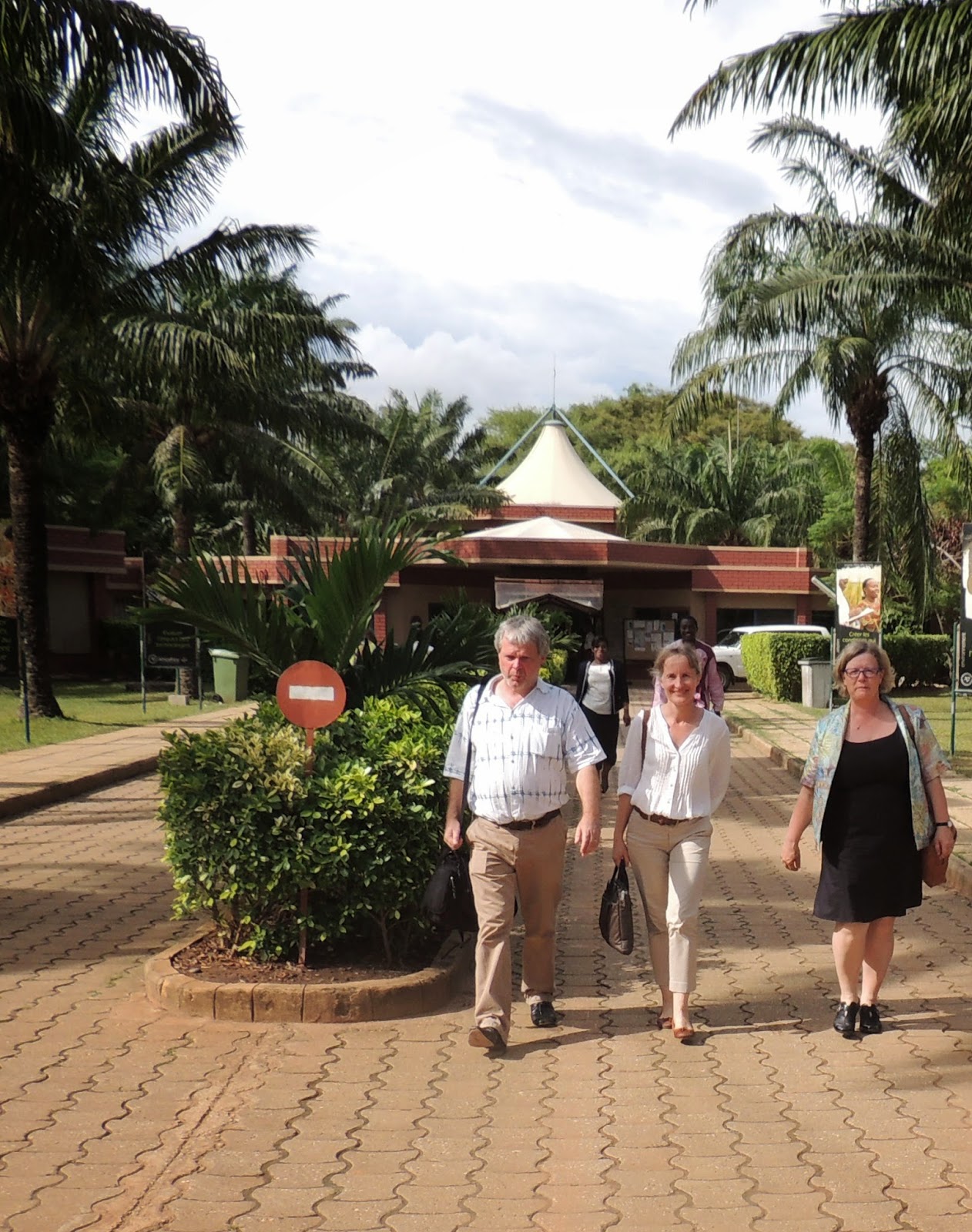RESULTS SHOW AFRICA CAN ERADICATE STRIGA

Maize farm damaged by Striga Improved technologies being promoted by the Integrated Striga Management for Africa (ISMA) project have shown promise that Striga —a parasitic weed that destroys cereal and legume fields—can be eradicated from Africa. Infesting up to 4 million hectares of land under maize production in sub-Saharan Africa, Striga causes farmers yield losses of up to 80% representing about US$1.2 billion, and affects approximately 100 million people in the continent. In the last three years, the ISMA project has deployed an integrated approach for managing Striga while improving soil fertility and reducing the Striga seed bank for sustainable increases in crop yields in some selected communities in Nigeria and Kenya. Specifically, these included cultural practices such as intercropping maize with legumes (soybean and groundnut); crop rotation of maize with soybean; a “push-pull” technology that involves intercropping cereals with Striga
